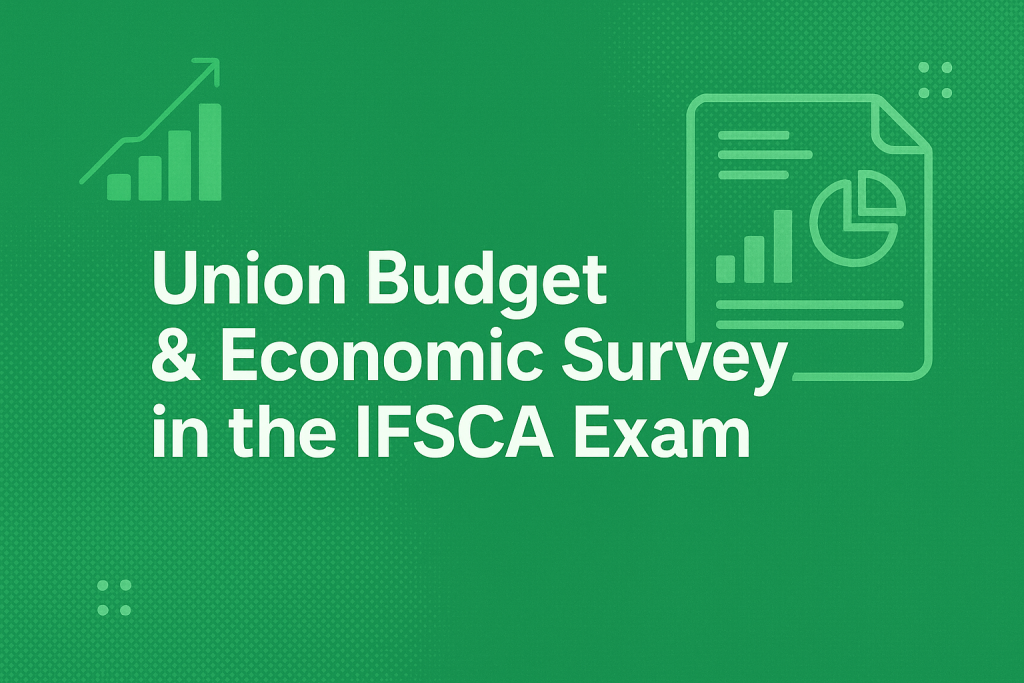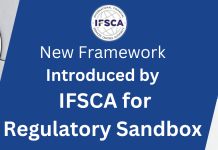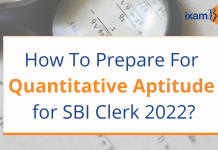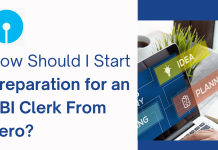Every year, the Union Budget and the Economic Survey make headlines. People talk about tax rates, new schemes, and the state of the economy. But if you’re getting ready for the IFSCA exam when the notification for 2026 is out, these aren’t just news stories. They’re part of your syllabus in a very real way.

And here’s the thing—IFSCA doesn’t work in a vacuum. It works inside the flow of national policy. That means what’s in the Budget and Survey often ends up in IFSCA’s rulebook.
Union Budget: More Than Numbers for IFSCA Exam
The Budget is more than a list of income and expenses. It’s a statement of priorities. It tells you where the government wants to push growth and where it wants to tighten control.
Let’s say the Budget sets aside money for digital finance hubs. You can bet GIFT City and IFSCA will see changes to support that. Maybe simpler onboarding for fintech firms. Maybe new allowances for cross-border payments.
Or imagine the Budget introduces green finance incentives. Suddenly, you’ll see IFSCA drafting rules for green bonds or climate-linked funds. These moves can and do show up in exam questions—sometimes directly, sometimes as case studies.
Economic Survey: The Story Before the Plan
If the Budget is the “what,” the Economic Survey is the “why.” It looks back at the year gone by and explains where we stand. It talks about strengths, weaknesses, and what needs attention.
For example, if the Survey notes that exports in financial services are rising, it sets the stage for IFSCA to attract more foreign financial firms. If it warns about capital flow risks, expect tighter rules on certain transactions.
This is where many candidates slip—they read the Budget but ignore the Survey. The two work together. Missing one means missing the full picture.
Why This Hits the IFSCA Exam
IFSCA is the gatekeeper for financial activity in GIFT City. It reacts to national policy signals. So, when the Budget changes tax rates for offshore banking, IFSCA has to adjust its compliance framework. When the Survey praises fintech growth, IFSCA works to bring in more players.
This link is exactly why exam questions often draw from both. You might get a question about a Budget reform, and the answer will require knowing how it fits into IFSCA’s role.
How to Study for IFSCA Exam Without Getting Lost
You don’t have to read every page. Here’s what works better:
- Look at the Budget highlights first, especially sections on finance, trade, and digital infrastructure.
- Skim the Survey for the “overview” chapters. They summarise the economy without drowning you in numbers.
- Underline anything about IFSCs, fintech, or offshore banking.
- Ask yourself: “If I were IFSCA, what rule would I change after this?”
That last step is key. It’s not about memorising. It’s about linking policy to regulation.
Policy → Regulation: The Flow You Must See
Think of it like this.
Budget says: “We want more cross-border trade in financial products.”
Survey says: “Demand for overseas investments is growing.”
IFSCA says: “Let’s make new rules for easier foreign account access.”
Once you see that chain, you’ll understand why these documents are not just optional reading. They’re a map for where exam questions can come from.
Beyond the IFSCA Exam
Even if you’re not planning to take the IFSCA Grade A exam, understanding its focus areas is still highly beneficial. The exam tests knowledge of policies, regulations, and how they influence financial markets—insights that are valuable in any finance or regulatory role.
Policies shape the rules that govern markets, and being able to see how changes in regulation impact investment, risk, and growth will give you a sharper edge. Whether you aim for a career in finance, law, or public policy, learning to connect regulations with market behavior will enhance your decision-making and prepare you for challenges you’ll face in your professional journey.
Wrapping Up
The Union Budget and Economic Survey are more than yearly events. They’re the starting points for decisions that ripple through IFSCA’s work. The exam simply reflects that reality.
So, when you sit down to prepare, treat these documents like your friends. They’ll give you the clues you need—not just to pass questions, but to understand the bigger picture of how India’s financial system is steered.
ixamBee specializes in providing expert guidance and resources for banking exams 2026, ensuring that you are well-prepared for the Upcoming Bank Exams like RBI Grade B, NABARD Grade B, IBPS SO, and more. Our courses align with the bank exam calendar 2025, covering all the essential topics. With a focus on the upcoming bank jobs, our Previous Year Papers, BeePedia, SSC CGL, SSC CHSL, SSC MTS and other Mock Tests are designed to help you excel in upcoming banking exams.
Also Read:
Understanding IFSCA: Importance, Functions & More
Understanding the IFSCA Grade A Previous Year Cutoffs
What Makes IFSCA Different from Other Regulators?








![IBPS Clerk Notification 2021 [Out]!! 5830 Vacancies IBPS Clerk Notification 2021 [Out]!! 5830 Vacancies.](/blog/wp-content/uploads/2021/07/blog-images-59-100x70.png)





